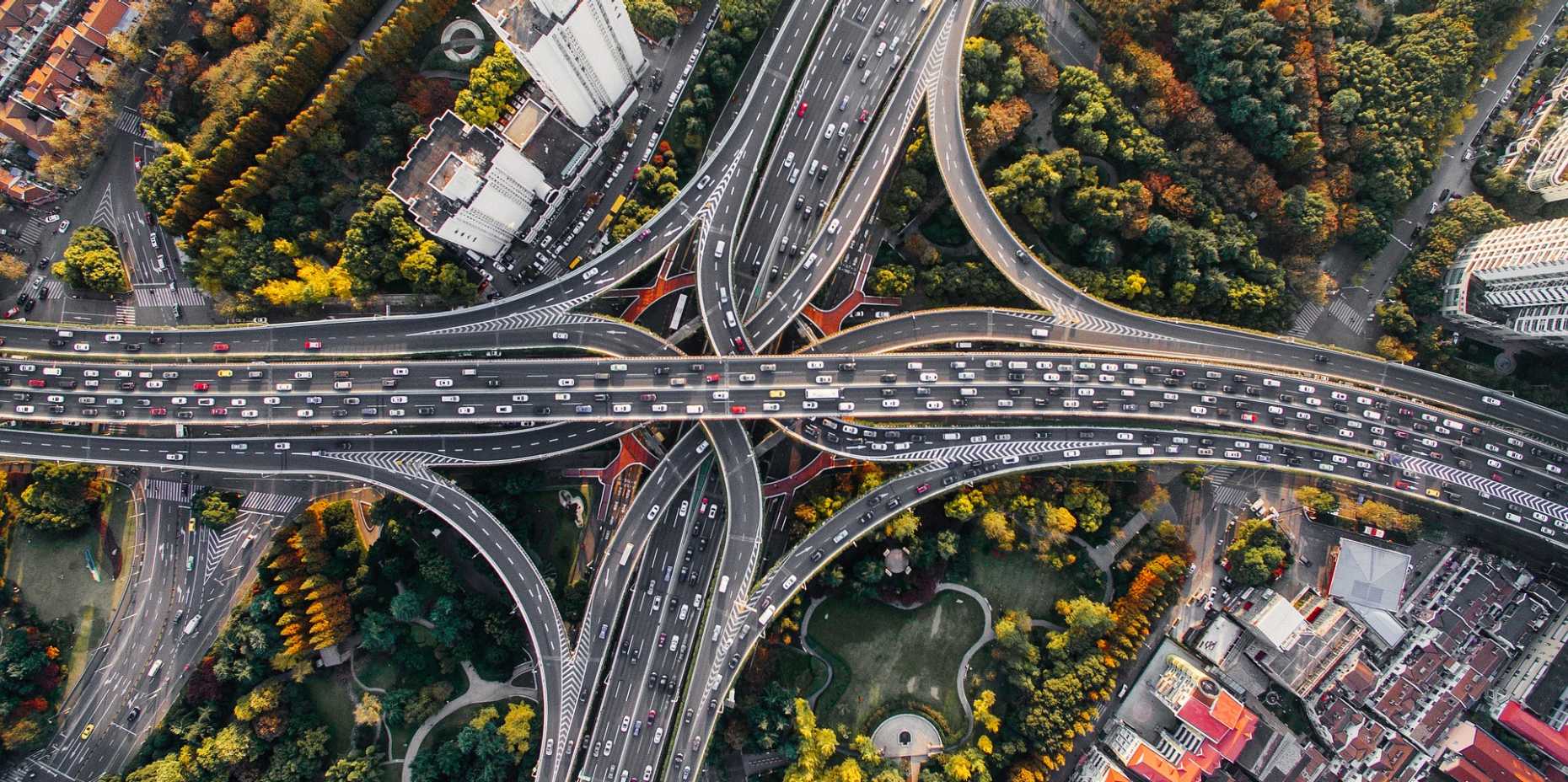Mobility / Transport

Mobility
The increase in spatial mobility in recent years, dominated by the use of cars, is causing the transportation system to reach its capacity limit. We are studying both the social and political implications of increased spatial mobility in contemporary society. Furthermore, we are studying attitudes and behaviour of individuals with respect to mobility and drivers of public support for different mobility policies. We are particularly interested in how to make mobility more sustainable, especially regarding policies fostering a mobility transition.
Electric Vehicles
The purchase, or non-purchase, of electric vehicles has so far been investigated almost exclusively on the basis of descriptive statistics and correlations. The aim of the project at hand is to identify barriers to decision-making when buying an electric car. Furthermore, the question arises how the decision process of potential electric car buyers looks like and how well potential target groups know about electric vehicles. We do this by implementing several experiments into a survey conducted among the population of the Canton of Zurich. Based on this, potential incentives and conditions from the private sector and politics can be identified, which increase the market share of electric cars.
Mobility Hubs
SBB wants to transform the complete system of their railway stations, local commerce, inner-city traffic carriers and their urban connections into mobility hubs. Mobility hubs should be places of connectivity where different modes of transportation come together not only with each other but also with the surrounding areas where people work and live. Therefore, a mobility hub is more than an assembly of technical infrastructure. Mobility hubs are part of a larger socio-technical system and form important nodes in social networks involving large parts of society. Understanding current and anticipating future societal demands is therefore crucial to the success of efforts for the transformation.
Contacts: Michael Wicki, Gracia Brückmann, Thomas Bernauer
